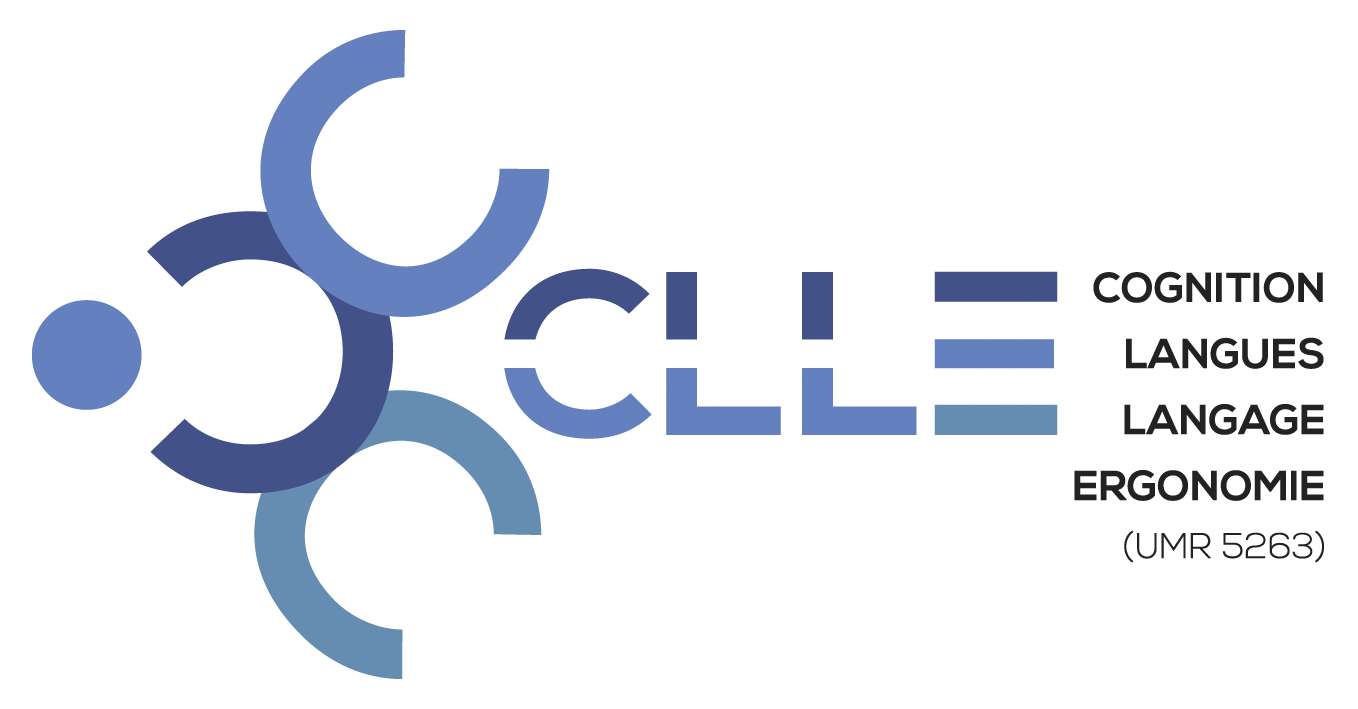-
Partager cette page
Social-Emotional Development in Early Childhood: The Role of Family, Culture, and Biology
Publié le 8 janvier 2020 – Mis à jour le 13 avril 2022
le 28 février 2020 Salle F417
Lauren Bader, IAST - Séminaire CLLE LTC (14h/16 h)
Parents’ beliefs about their infants and their ensuing parenting strategies are shaped by ecological context and cultural schema. Furthermore, parents respond to their infants’ emotions in ways they believe are most appropriate, and research suggests that mothers attune to their infants behaviorally, emotionally, and physiologically when they respond to their infants’ emotions in ways that meet infants’ needs. According to attachment theory, these reciprocal interactions make up the infants’ social-emotional environment and appear to guide future development and relationship formation; however, this trajectory is supported mostly from research in Western industrialized contexts. I have shown that Gamo mothers’ (Southern Ethiopia) perceptions of their infants’ emotions were focused on beliefs about basic needs for infants, and infants’ fussing and crying was associated with mothers’ reports of stress. Gamo mothers who reported stress demonstrated fewer physical and verbal interactions with their infants. The link between Gamo mothers’ perceptions of their infants’ emotions and basic needs suggests that mothers were mainly focused on keeping infants healthy and alive in a relatively harsh environment with high infant mortality. Recently, I have begun to investigate mothers’ postpartum mental health – work that was influenced by my previous finding that many Gamo mothers expressed that they felt stressed when their infants cried. Preliminary results from this newer work suggest that community peace, support from family members, and a caring and non-violent husband are important in mothers’ postpartum well-being and may be linked to variation in mother-infant interactions. I will discuss these results in terms of the role of ecological and cultural context in shaping mothers’ postpartum mental health and present ideas for my future research to investigate the links between mother-infant physiological attunement and maternal postpartum mental health among the Gamo.





